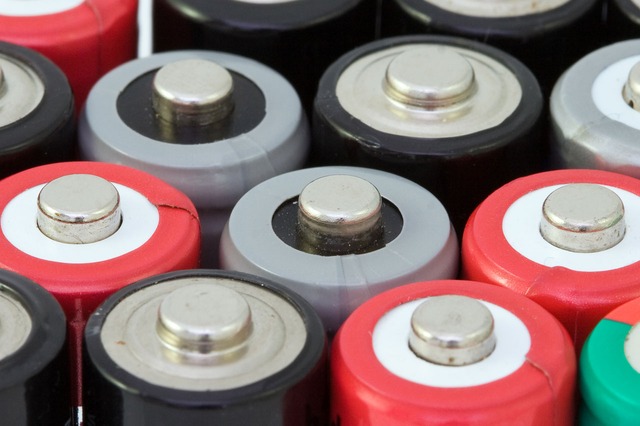
ΑΙhub.org
AI techniques used to improve battery health and safety

Researchers have developed a machine learning method that can predict battery health with ten times higher accuracy than current industry standard, which could aid in the development of safer and more reliable batteries for electric vehicles and consumer electronics.
The researchers, from Cambridge and Newcastle Universities, have designed a new way to monitor batteries by sending electrical pulses into them and measuring the response. The measurements are then processed by a machine learning algorithm to predict the battery’s health and useful lifespan. Their method is non-invasive and is a simple add-on to any existing battery system. The results are reported here.
Predicting the state of health and the remaining useful lifespan of lithium-ion batteries is one of the big problems limiting widespread adoption of electric vehicles: it’s also a familiar annoyance to mobile phone users. Over time, battery performance degrades via a complex network of subtle chemical processes. Individually, each of these processes doesn’t have much of an effect on battery performance, but collectively they can severely shorten a battery’s performance and lifespan.
Current methods for predicting battery health are based on tracking the current and voltage during battery charging and discharging. This misses important features that indicate battery health. Tracking the many processes that are happening within the battery requires new ways of probing batteries in action, as well as new algorithms that can detect subtle signals as they are charged and discharged.
“Safety and reliability are the most important design criteria as we develop batteries that can pack a lot of energy in a small space,” said Dr Alpha Lee from Cambridge’s Cavendish Laboratory, who co-led the research. “By improving the software that monitors charging and discharging, and using data-driven software to control the charging process, I believe we can power a big improvement in battery performance.”
The researchers designed a way to monitor a battery by sending electrical pulses into it and measuring its response. A Gaussian process machine learning model is then used to discover specific features in the electrical response that are the tell-tale sign of battery ageing. The researchers performed over 20,000 experimental measurements to train the model, the largest dataset of its kind. Importantly, the model learns how to distinguish important signals from irrelevant noise. Their method is non-invasive and is a simple add-on to any existing battery systems.
The researchers also showed that the model can be interpreted to give hints about the physical mechanism of degradation. The model can inform which electrical signals are most correlated with ageing, which in turn allows the team to design specific experiments to probe why and how batteries degrade.
“Machine learning complements and augments physical understanding,” said co-first author Dr Yunwei Zhang, Cambridge. “The interpretable signals identified by our machine learning model are a starting point for future theoretical and experimental studies.”
The researchers are now using their machine learning platform to understand degradation in different battery chemistries. They are also developing optimal battery charging protocols, powering by machine learning, to enable fast charging and minimise degradation.
Read the paper in full
Identifying degradation patterns of lithium ion batteries from impedance spectroscopy using machine learning
Yunwei Zhang, Qiaochu Tang, Yao Zhang, Jiabin Wang, Ulrich Stimming and Alpha A Lee
This article originally appeared on the Cambridge University website and is reproduced here under a CC BY 4.0 license.










